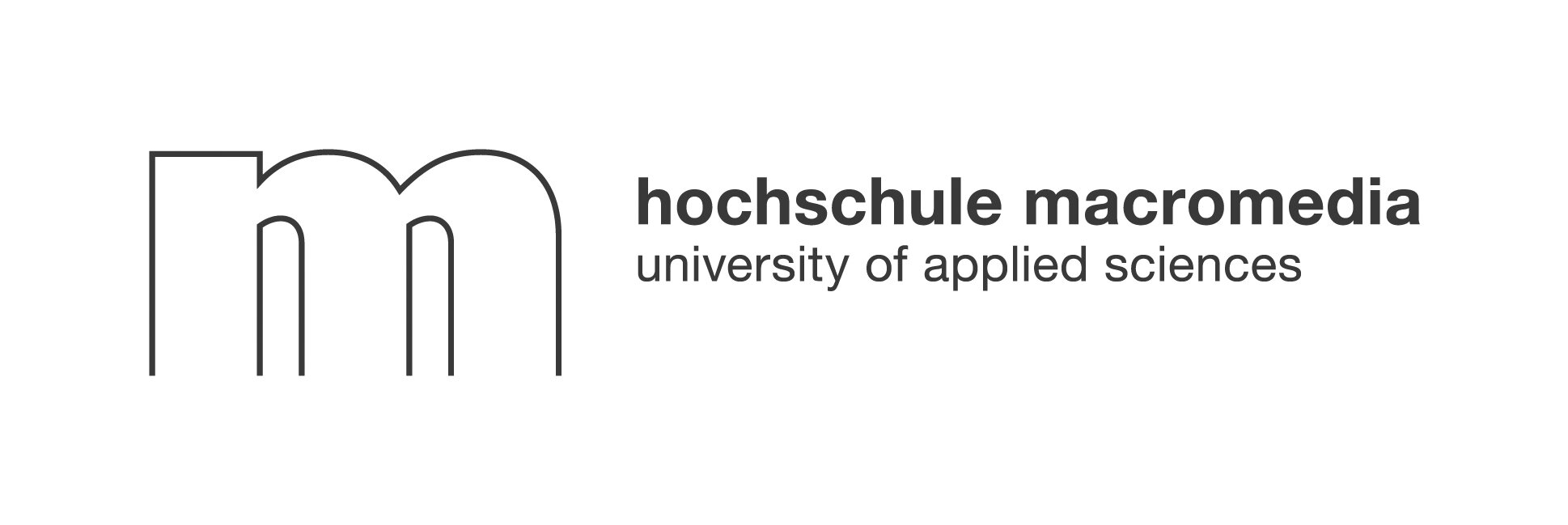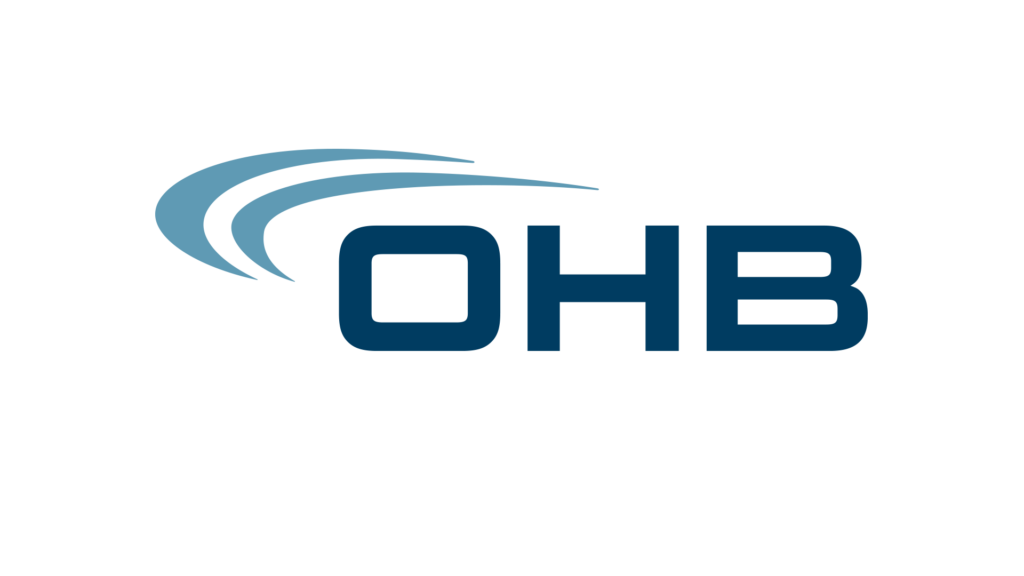Why do so many high-performing people, teams, and even whole organizations flame out—even when the pay is good and the perks are plentiful? The answer often circles back to a deceptively simple question: Does lack of purpose cause burnout? This isn’t just a philosophical puzzle. In 2025’s hybrid workplaces, where connection can feel thin and tasks can blur into monotony, understanding the link between purpose and burnout could be the key to unlocking lasting energy, engagement, and well-being. For a broader perspective on how burnout manifests in modern workplaces, see our in-depth guide on burnout at work.
Let’s explore what science, psychology, and real-life stories reveal about purpose, burnout, and how innovative platforms like Neroia are transforming workplace culture by reigniting meaning—one authentic connection at a time.
What "Purpose" Really Means in Everyday Life
Defining Purpose, Meaning, and Direction
Purpose isn’t some mystical calling reserved for world leaders or artists. At its core, purpose means having a sense of direction—a reason to get up and contribute, whether at work, at home, or in the community. Researchers define purpose as a “central, organizing life aim” that shapes decisions and gives daily activities value (APA, 2023).
Purpose is closely related to meaning, but meaning is broader: it’s the sense that your actions matter and fit into a bigger story. Direction is the roadmap—knowing where you want to go. Together, these elements anchor you in times of stress and uncertainty.
Why Purpose Is More Than Passion or Goals
It’s easy to confuse purpose with passion or a checklist of goals. But passion can fade, and goals can change. Purpose runs deeper. It’s the “why” that sustains motivation even when things get tough. As psychologist Steven Stosny writes, “Burnout is likely when we ignore what is most important by acting on what is less important.”
Purpose isn’t always glamorous or grand. It can be as simple as helping others, building a skill, or supporting a team. What matters is the sense that your work and life have value beyond the next deadline. If you’re interested in how engagement and satisfaction intersect, our post on the relationship between employee engagement and job satisfaction offers further insights.
Does Lack of Purpose Cause Burnout? A Rapid Evidence Review
Key Studies Linking Purpose, Stress Hormones, and Exhaustion
So, does lack of purpose cause burnout? Let’s look at the research.
Multiple studies link a strong sense of purpose to lower stress, better mental health, and increased resilience. For example, a 2023 meta-analysis found that people with greater purpose reported less stress and were less likely to experience depression and anxiety (Boreham & Schutte, 2023; Sutin et al., 2023). This held true across ages, backgrounds, and job types.
Another study found that having a life purpose predicted better emotional recovery after setbacks (Schaefer et al., 2013). In the workplace, individuals motivated by deeper values—not just external rewards—were less likely to burn out, even under pressure.
Physiologically, purpose appears to buffer the effects of stress hormones like cortisol. When people feel their work matters, their bodies are less likely to remain in a chronic “fight or flight” state, reducing the risk of exhaustion and emotional depletion.
Where the Research Is Still Inconclusive
Yet, the science is not black and white. Some researchers caution that the relationship between purpose and burnout can be two-way: lack of purpose may lead to burnout, but burnout can also erode your sense of purpose. For example, young adults who reported low meaning in life were twice as likely to struggle with anxiety and depression (Harvard, 2023). But it’s not always clear which comes first.
Lack of direction or purpose could contribute to anxiety and depression; experiencing depression or anxiety could contribute to less motivation and participation in things that used to give purpose; or they could compound each other.
—American Psychiatric Association, 2023
What’s clear is that purpose matters. When it’s missing, burnout risk rises—especially in today’s hybrid and remote work environments, where disconnection can quietly grow. For more on the roots of disengagement, see why employees feel disengaged at work.
The Brain on Purpose: How Meaning Buffers Stress
Dopamine, Cortisol, and the Motivation Loop
The brain is wired for meaning. When you act in line with your values or feel connected to a purpose, your brain releases dopamine—the “motivation molecule.” This creates a positive feedback loop: purpose fuels motivation, which drives action, which reinforces purpose.
But when purpose is missing, the brain often tries to compensate by relying on adrenaline and cortisol. These stress hormones can power you through deadlines for a while, but they drain your energy reserves. As Dr. Stosny puts it, “They can function at a high level for a while, without giving meaning to what they do. But eventually, the metabolically expensive bill of adrenaline comes due; they flame out.”
Purpose Gaps and the "Adrenaline Credit Card"
Think of it like using a credit card for everyday expenses without ever checking your balance. You can keep going for a while, but sooner or later, the debt catches up. In the workplace, this “adrenaline credit card” shows up as chronic fatigue, cynicism, and feeling like your work doesn’t matter—classic signs of burnout.
Purpose acts as a buffer. It helps your brain and body recover from stress, making you more resilient over time. Without it, small setbacks feel overwhelming, and even routine tasks become draining. This aligns with recent research on misalignment burnout and the importance of aligning work with personal values.
Five Signs Your Fatigue Is Purpose Related
How do you know if your exhaustion is really about purpose, not just workload or lack of sleep? Here are five common signals:
- Emotional numbness and cynicism: You feel detached from your work, colleagues, or even loved ones. Tasks that once sparked interest now feel meaningless.
- Sunday-night dread that won’t quit: The thought of another week fills you with anxiety or apathy, not just because of the workload, but because you can’t see the point.
- Quick irritability with small tasks: Small setbacks or requests trigger outsized frustration, suggesting a deeper disconnect.
- Loss of motivation for things you once enjoyed: Hobbies, social events, or even favorite projects lose their appeal.
- A sense of being “on autopilot”: You go through the motions but feel like a bystander in your own life.
Burnout is nature’s way of telling you, you’ve been going through the motions—your soul has departed; you’re a zombie, a member of the walking dead, a sleepwalker.
—Sam Keen
If these signs ring true, it’s worth exploring how purpose—or the lack of it—might be fueling your fatigue. For practical strategies to foster connection and reduce isolation, check out how to combat loneliness in the workplace.
Rekindling Purpose at Work: Small Experiments, Big Shifts
Job Crafting for Meaning
Purpose isn’t something you have to find once and for all. You can build it, bit by bit, through small experiments. One proven method is job crafting—tweaking your tasks, relationships, or mindset to better align with what matters to you.
- Volunteer for projects that match your strengths or interests.
- Seek feedback on how your work impacts others.
- Find ways to connect with colleagues around shared values.
Even minor adjustments can reignite a sense of meaning and control, reducing burnout risk.
Aligning Daily Tasks with Core Values
Another powerful approach is to reflect on your core values and ask how you can bring them into daily work. Are you motivated by creativity, service, learning, or teamwork? Look for opportunities—even in routine tasks—to express these values. For actionable ideas on boosting happiness and meaning at work, see employee happiness in the workplace.
- List your top three values.
- For each, write one way you could integrate it into your workweek.
- Try one small change and notice how it affects your energy.
These micro-shifts can add up, helping you move from autopilot to authentic engagement.
Life Beyond the Office: Purpose Practices for Home and Relationships
Volunteering and Community Roles
Purpose isn’t just a workplace issue. Outside the office, volunteering or taking on community roles can provide a powerful sense of meaning. Helping others, mentoring, or even organizing neighborhood events can recharge your sense of value and connection.
Studies show that people who volunteer or engage in community service report higher well-being and lower burnout, even if their day job feels uninspiring. This is echoed in recent research on purpose and burnout.
Purposeful Hobbies That Recharge Energy
Not every source of purpose has to be serious. Hobbies that align with your interests—like music, gardening, or creative writing—can offer a sense of flow and accomplishment. The key is to choose activities that feel meaningful to you, not just distractions.
If you’re unsure where to start, experiment with new experiences or revisit old passions. Sometimes, purpose emerges from play as much as from productivity.
When Purpose Isn’t the Whole Story: Other Burnout Drivers to Check
Workload, Fairness, and Autonomy
While purpose is a crucial buffer, it’s not the only factor. Burnout can also stem from:
- Excessive workload or chronic overtime
- Lack of fairness or recognition
- Limited autonomy or control over your work
- Poor management or unclear expectations
If these issues are present, addressing them directly—through feedback, negotiation, or seeking support—is essential.
When to Seek Professional Help
Sometimes, burnout goes beyond what self-help or organizational tweaks can fix. If you’re experiencing persistent depression, anxiety, or thoughts of self-harm, it’s important to seek help from a mental health professional. Burnout is real, but it’s also treatable. For more on designing jobs to better match employees’ needs and curb burnout, see this Harvard Business Review article.
Purpose and Burnout in the Hybrid Era: Why Connection Matters More Than Ever
Hybrid and remote work offer flexibility, but they can also amplify the risk of purpose-related burnout. When teams are scattered and face-to-face moments are rare, employees may feel disconnected from shared goals and each other. Impersonal initiatives, virtual fatigue, and “always-on” expectations can drain even the most resilient workers. For more on building authentic engagement in distributed teams, read how to improve emotional engagement in teams.
This is where Neroia’s vision comes into play.
How Neroia’s AI-Driven Micro-Events Restore Purpose and Combat Burnout
Neroia is revolutionizing workplace culture by leveraging artificial intelligence to foster authentic, organic employee relationships. Instead of generic team-building or one-size-fits-all perks, Neroia’s platform uses AI to recommend small-group activities—like yoga sessions, cycling meetups, or cultural exchanges—tailored to individual interests and schedules.
Here’s how Neroia addresses the core issue: Does lack of purpose cause burnout? Especially in hybrid or remote settings, Neroia’s approach restores meaning and connection in three key ways:
| Challenge in Hybrid Work | Neroia’s Solution | Impact on Purpose & Burnout |
|---|---|---|
| Disconnection from shared goals | AI-matched micro-events (3-4 people) | Builds relationships, shared meaning |
| Hybrid isolation | Effortless discovery of group activities | Reduces loneliness, boosts well-being |
| Impersonal, top-down initiatives | Personalized, interest-based recommendations | Increases engagement, sense of value |
How It Works
- AI-powered curation: Neroia’s platform analyzes anonymized engagement data (while prioritizing privacy) to suggest micro-events that align with employees’ values and schedules.
- Integration with engagement tools: The platform works seamlessly with pulse surveys, mental health apps, and existing HR programs, providing a holistic view of well-being.
- Authentic, informal interactions: Instead of forced fun, employees can choose activities that genuinely interest them, from wellness sessions to cultural outings.
- Real-world impact: In pilot programs, activities like yoga and company runs—coordinated via AI chat and supported by anonymized analytics—have resulted in higher participation, stronger connections, and measurable reductions in burnout risk.
Neroia’s AI-driven platform helps employees effortlessly discover micro-events that match their interests, fostering authentic connections and revitalizing purpose—even in the most hybrid or remote workplaces.
Aligning with 2025 Trends: Purpose-Driven Engagement, Psychological Safety, and Well-Being
The future of work is purpose-driven. In 2025, organizations are prioritizing psychological safety, well-being, and authentic engagement as the keys to retention and productivity. Employees want more than perks—they want to feel seen, valued, and connected.
Neroia’s model is perfectly aligned with these trends:
- Purpose-driven engagement: By matching people with meaningful, small-group experiences, Neroia helps employees rediscover the “why” behind their work.
- Psychological safety: Informal, interest-based events create safe spaces for real conversation and collaboration.
- Well-being support: Integration with mental health and feedback tools ensures that support is proactive, not reactive.
Breaking Silos, Cultivating Vibrant Relationships: The Neroia Difference
Traditional workplace programs often fall short because they’re impersonal or burdensome to plan. Neroia flips the script by making engagement effortless and organic. Employees aren’t just participants—they’re co-creators of a vibrant, connected culture.
- Break down silos: Micro-events bring together people from different teams, roles, and backgrounds, sparking new ideas and friendships.
- Cultivate authentic relationships: Shared experiences build trust, empathy, and a sense of belonging.
- Enhance well-being and retention: When people feel purposeful and connected, they’re more likely to stay, contribute, and thrive.
Conclusion: Does Lack of Purpose Cause Burnout? The Answer—and the Way Forward
The evidence is clear: lack of purpose is a major driver of burnout, especially in today’s hybrid, fast-changing workplaces. But burnout isn’t inevitable. By focusing on authentic connections, aligning activities with values, and leveraging smart technology, organizations can restore meaning and vitality.
Neroia stands at the forefront of this movement, replacing purposeless programs with personalized, AI-tailored interactions that spark genuine relationships. In a world where purpose is the ultimate antidote to burnout, Neroia’s approach offers a brighter, more connected future for every employee.
Ready to transform your workplace? Discover how Neroia can help your team rediscover purpose, beat burnout, and build lasting engagement—one authentic connection at a time.




